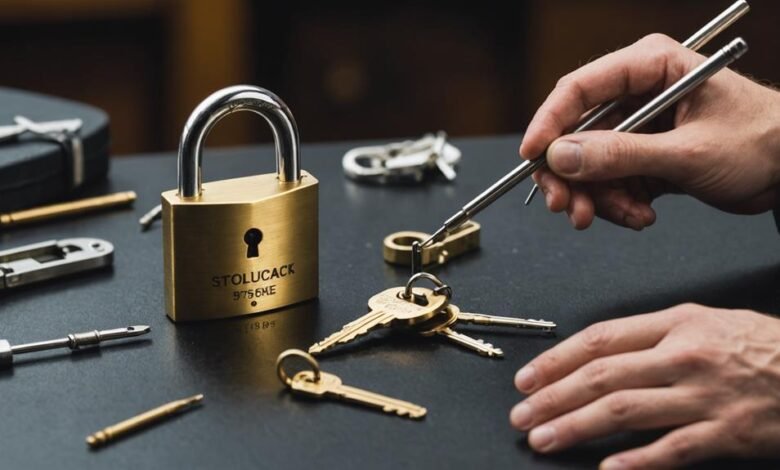The Ethics of Lock Picking: A Guide for Australians

Lock-picking is a skill that has intrigued many people for generations. It is often associated with spies, detectives, or locksmiths. But is it ethical for an everyday individual to learn this skill? Can learning it lead to unintended consequences? Understanding its ethical considerations is essential for anyone curious about this craft, especially in Australia.
It can be a legitimate and fascinating skill when approached responsibly. For instance, locksmiths and hobbyists use it for professional and recreational purposes. However, the availability of lock picks in Australia has raised concerns about the ethical implications of this practice. This guide explores its boundaries of responsibility and provides insights into how Australians can practice it ethically.
What Is It, and Why Do People Learn It?
Lock picking is the practice of manipulating a lock’s components to open it without using a key. This skill has a wide range of applications, from professional locksmith services to problem-solving challenges for enthusiasts. Many individuals learn this skill for legitimate reasons. When practised with permission and within legal boundaries, lock picking can be a valuable and harmless pursuit. The reasons include:
- Professionals: Locksmiths often require this skill to assist clients who are locked out of their homes or vehicles.
- Hobbyists: It is a recreational activity where participants attempt to pick locks as a challenge, has grown in popularity.
- Educational Purposes: Understanding how locks work helps enhance security by identifying vulnerabilities.
See also: Unlocking Business and Career Opportunities with Bizop.org: Your Gateway to Success
Ethical Considerations
Permission and Consent
One of the most important ethical principles of it, is obtaining permission. Picking locks without the owner’s consent is not only unethical but also illegal. Hobbyists and professionals should always ensure they have explicit consent before attempting the task.
Purpose Matters
Why someone picks a lock is a critical factor in determining whether their actions are ethical. Using this skill to help someone access their property is considered responsible. Conversely, using this skill for malicious purposes, such as theft or trespassing, is unethical and punishable by law.
Respect for Privacy
Locks are often seen as symbols of security and privacy, and picking them without consent infringes on someone’s right to feel secure. Practising the skill ethically means respecting these boundaries and understanding the value of trust.
Legal Framework in Australia
In Australia, the legality of lock picking largely depends on the context and intent. The possession of specialised tools used for this purpose is legal, but their misuse can result in criminal charges. Meanwhile, practising the skill within these legal boundaries helps ensure ethical compliance while avoiding legal repercussions. Some key legal considerations include:
- Locksmith Licensing: Professionals must obtain licenses to perform locksmithing services legally.
- Intent: Possessing these tools becomes illegal if there is intent to use them unlawfully.
- State Regulations: Laws governing lock picking and tool possession vary across Australian states. Familiarising yourself with local regulations is essential.
Common Misconceptions
● “Only Criminals Learn it”: This stereotype is far from the truth. Many ethical individuals, including locksmiths and hobbyists, learn this skill for legitimate reasons. It is a skill, not a criminal act, when practiced responsibly.
● “It is Always Illegal”: As noted earlier, the legality of lock picking in Australia depends on the context. When practised with consent and for lawful purposes, it is entirely legal.
● “It Makes Locks Useless”: It highlights vulnerabilities but does not render locks useless. Instead, it encourages manufacturers and users to adopt better security measures.
Lock picking is a skill that can be both fascinating and practical when approached ethically. Possessing lock picks in Australia is not inherently wrong, but their use requires responsibility and awareness. Understanding and respecting the ethical dimensions of this craft ensures that it remains a positive and constructive activity.







